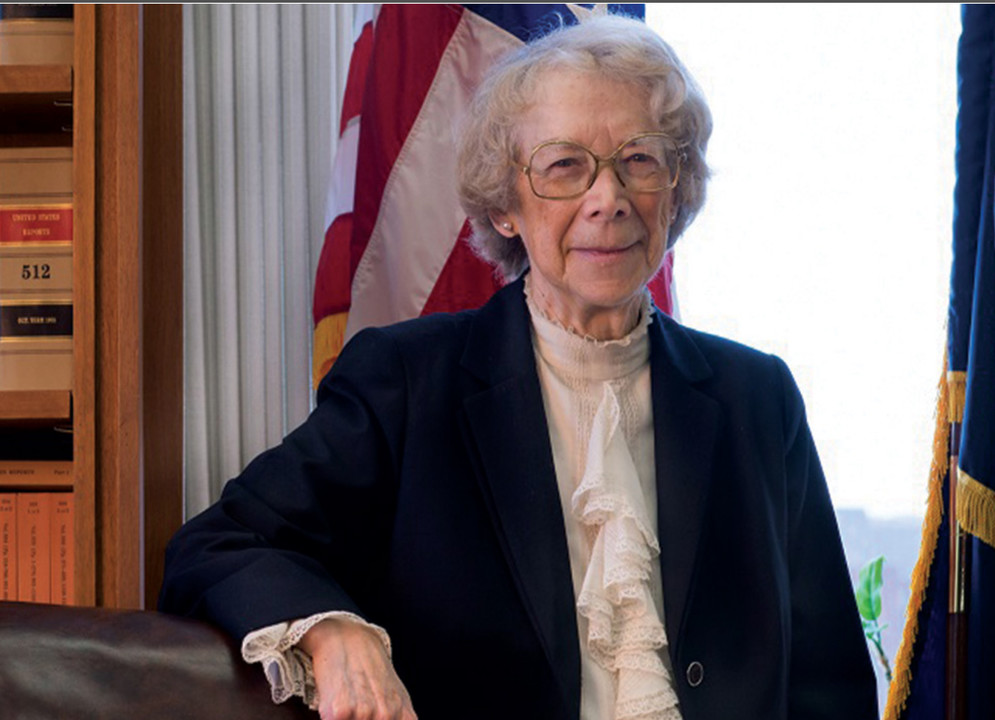Once Again: The Complaint Against Judge Newman Should Not Be Adjudicated by Her Federal Circuit Colleagues
 The Judicial Conduct and Disability Act of 1980, the main way through which lower court judges are held accountable for acting unethically, has a few problems, which we’ve detailed over the years.
The Judicial Conduct and Disability Act of 1980, the main way through which lower court judges are held accountable for acting unethically, has a few problems, which we’ve detailed over the years.
One of the primary issues is that the law does not set a timeframe when it comes to handling misconduct complaints.
Yes, most of them are frivolous and some 98 to 99 percent of them each year are dismissed for being meritless or non-germane.
But for the ones that have merit, or at least get to the point where a chief judge is appointing a special committee and there’s a real investigation, time is of the essence. If a judge is acting dishonorably, we’d want an investigation to be concluded rapidly and the subject judge to be taken off the bench (by Congress) as soon as possible.
And if, after an investigation, a complaint is found to have no merit, we’d want subject judge’s reputation to be restored as soon as possible.
Now onto the ongoing complaint against Judge Pauline Newman of the Federal Circuit.
We are now in the second year of cases not being assigned to her in large part because Newman has refused to take a medical exam conducted by a neutral medical professional prescribed by the chief judge of the circuit. Newman believes she is being targeted by the chief judge over certain judicial disagreements and that despite her age (97), she is as lucid as ever.
The JCDA has as one of its harshest punishments meted out for misconduct — which we’re not saying Judge Newman is guilty of — temporary removal from cases. Per 28 U.S.C. 354(a)(2)(A)(i), a judicial council may “order that, on a temporary basis for a time certain, no further cases be assigned to the judge whose conduct is the subject of a complaint.”
Last month, the temporary removal of cases from Judge Newman was extended by the Federal Circuit Judicial Council from one year to two years.
This is getting awfully close, if it isn’t already, into not temporary territory, and there are clauses in the Constitution that deal with how to remove a judge not temporarily.
We have a modest solution that, if Congress enacted, might help fix this problem. They’d write something into the JCDA to the effect of:
Once the pendency of temporary removal from cases under this subsection reaches one year, the judicial council reviewing the complaint shall request that the Chief Justice of the United States reassign said review to a judicial council in a different circuit, and the Chief Justice shall grant that request.
The bottom line is that the Federal Circuit Judicial Council should never have kept review of the Newman complaint to itself, and even as it contemplates whether it should keep the keys away from Judge Newman, Congress should instead take the keys away from the very council determining her fate.